CLWYD-POWYS ARCHAEOLOGY
About us
Originally established in 1975 as the Clwyd-Powys Archaeological Trust to ‘educate the public in archaeology’, CPAT, along with the three other Welsh Archaeological Trusts of Gwyned, Dyfed and Glamorgan-Gwent, merged on 1st April 2024 to form Heneb: the Trust for Welsh Archaeology.
We work closely with other national, regional and local
bodies to help conserve, understand and promote all aspects of the historic
environment in Wales.
On 1 April 2024 the four Welsh archaeological trusts merged to form Heneb: the Trust for Welsh Archaeology. The regional expertise and regional service delivery which was the hallmark of the four trusts continues under the auspices of Heneb.
ETHOS
Clwyd-Powys Archaeology is committed to the highest standards in all areas of endeavour. The work of the Historic Environment Advisory Services team is governed by a Code of Practice for provision of archaeological advice and we are proud of our reputation for undertaking high quality work which provides best value for the public – regardless of the nature of the work and how it is resourced.
PEOPLE
Our people are the Clwyd-Powys Archaeology’s most valuable asset. Together our emlpoyees have over 270 years of experience, and a comprehensive understanding and appreciation of the archaeology and cultural heritage of our region. They are supported by a group of distinguished associates, and overall strategy and direction is developed by the Heneb Board.
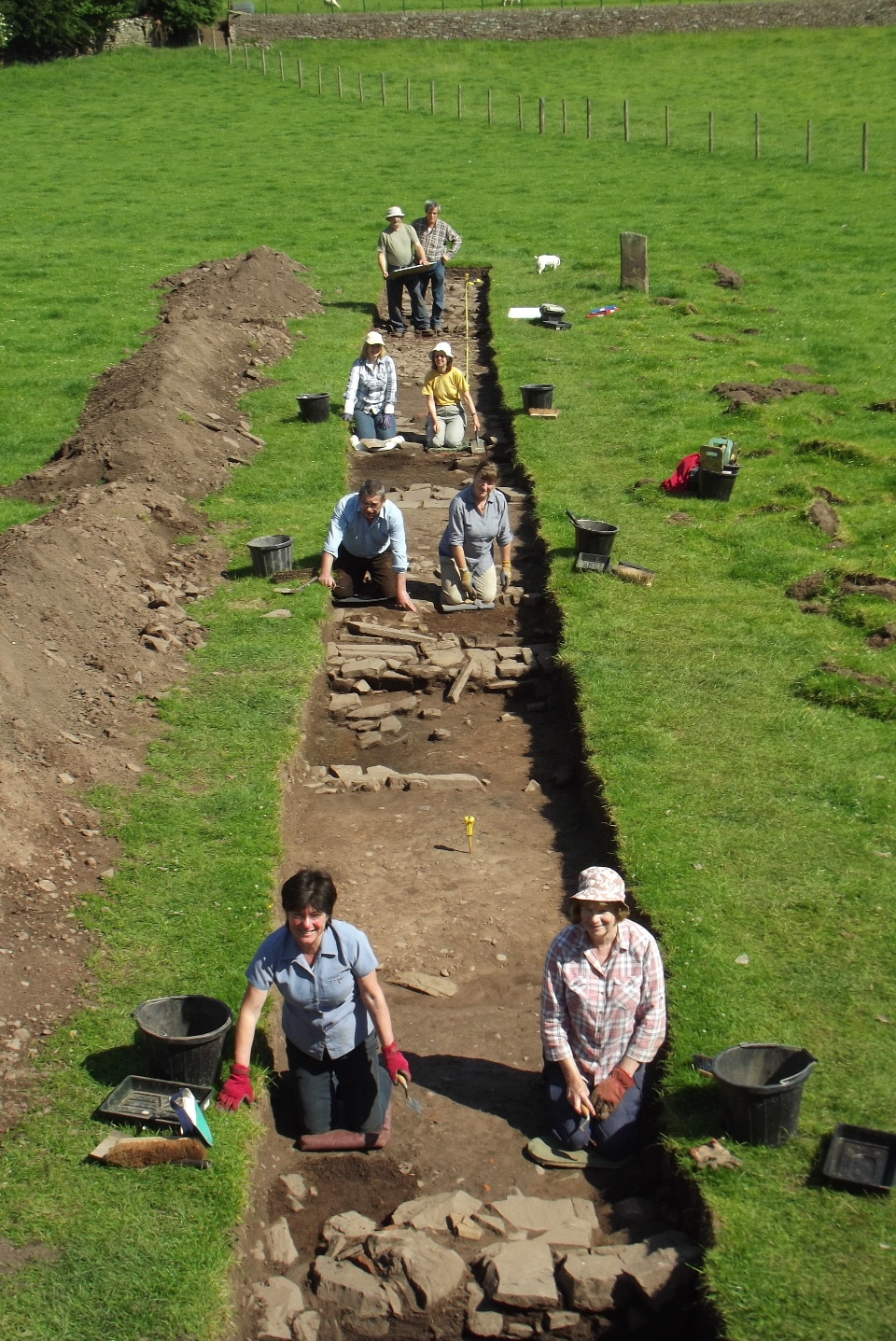
Organisation
Clwyd-Powys Archaeology is organised into three departments, corresponding with the types of work we do.
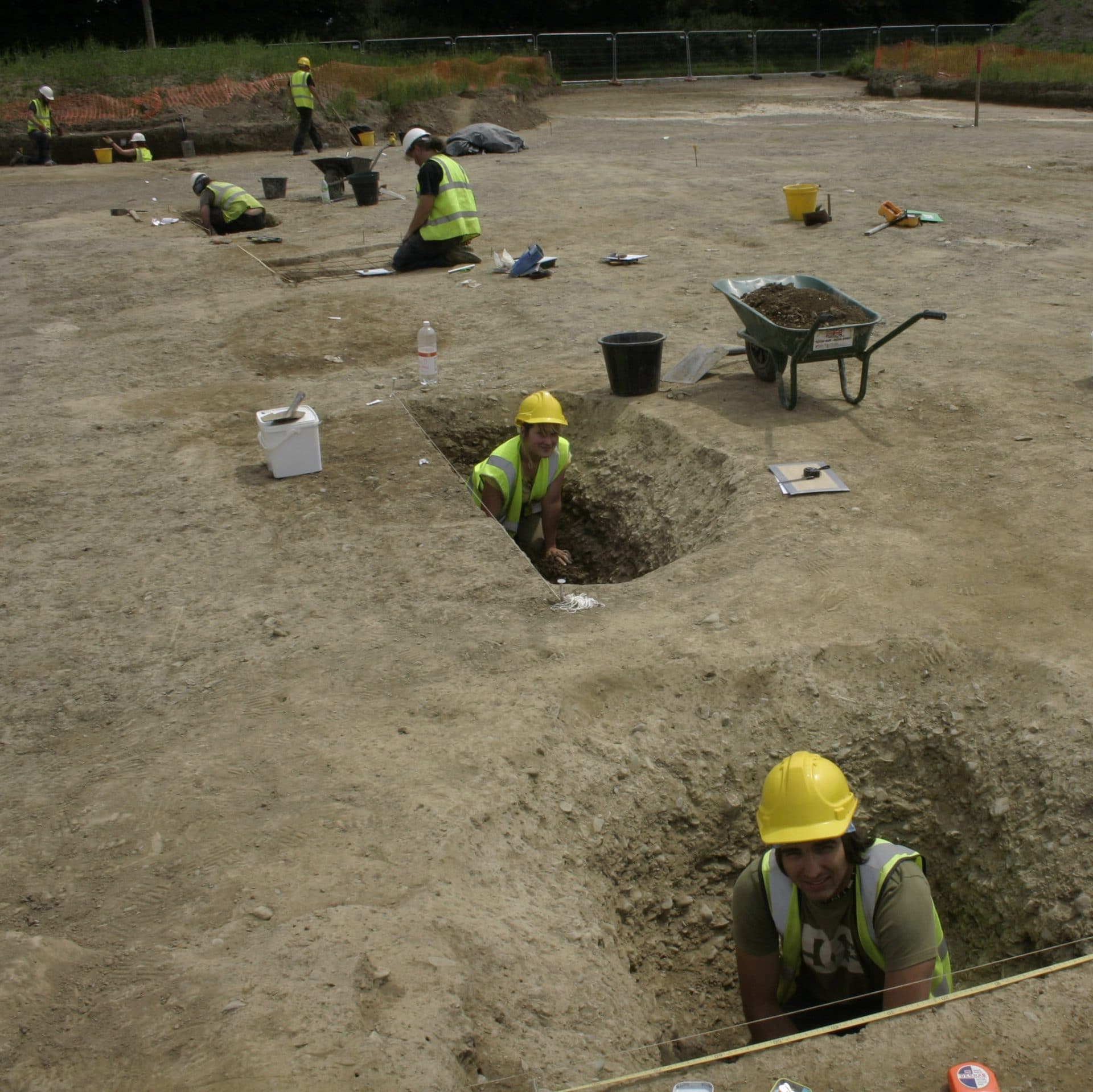
Field Services
The Field Services team are responsible for the delivery of archaeology and cultural heritage projects funded by private- and public-sector bodies. This work includes historic environment characterisation, field evaluation and assessment, threat-related mitigation and a range of desk- and field-based survey and investigation activities. We work in Wales and England, and have links with colleagues in other parts of Europe and further afield.

Education and Outreach
The Education and Outreach service enables opportunities for public engagement, participation and social inclusion by providing a wide variety of public events and activities for a range of groups and individuals across the Clwyd-Powys region and, when funding is available, in parts of England as well. This includes events and activities for the general public, as well as work targeted specifically at improving social outcomes and economic aspirations.
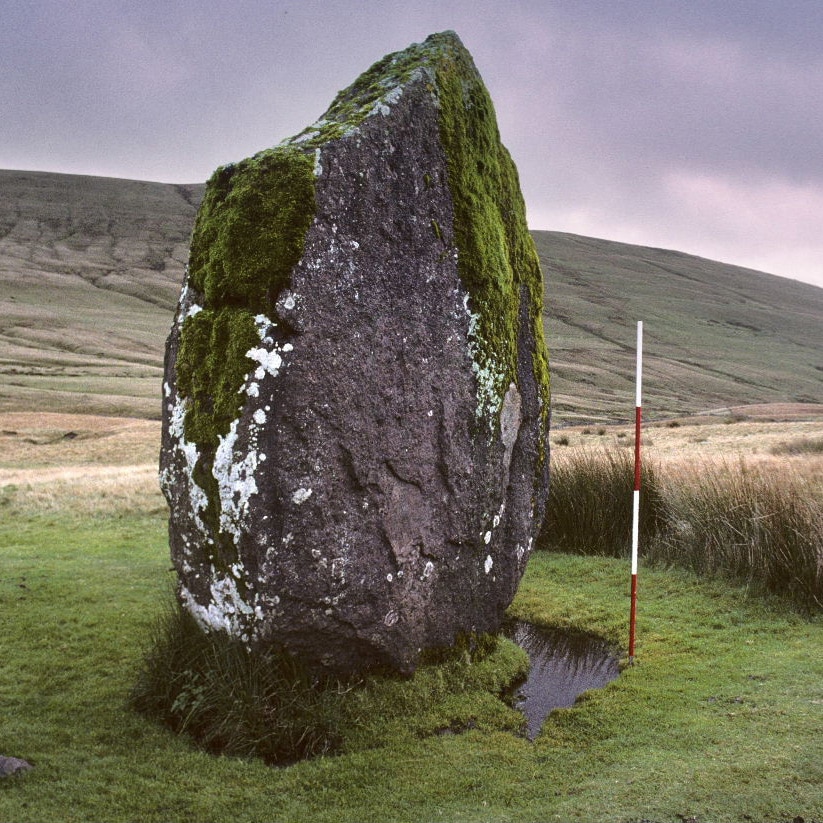
Advisory Services
Historic Environment Advisory Services delivers heritage management outcomes in the Clwyd-Powys region. The work of the Curatorial Services team covers three key areas: maintaining the regional Historic Environment Record (HER); providing Planning Services for local authorities; and undertaking Heritage Management work for Welsh Government, local authorities, landowners, developers and others.
public value
Funding
Most of the funding for Advisory Services comes from Welsh Government, mainly through a grant from Cadw. Other funding for these functions come from local authorities and other public bodies such as Natural Resources Wales (NRW). Our outreach work in Wales is funded by Cadw, with other support from local organisations and other grant-giving bodies such as the National Lottery HeritageFund.
Most of the field services income comes from commercial contracts, where developers are required to pay for the costs of archaeology under the ‘social licence’ model. Also known as the ‘polluter pays’ principle, this has been a key element of UK planning law since 1990, and is also enshrined in the Valletta Convention, which was ratified by the UK government in September 2000. The majority of this comes from private companies and individuals.
accountability
Governance
The Clwyd-Powys Archaeological Trust is a charitable trust (Charity Number 508301) and a limited company (Company Number 1212455). Its activities are undertaken by staff, and the overall fiduciary control and strategy is delivered by a Board of Trustees working closely with the Director (CEO). The Board normally meets four times a year, with an Annual General Meeting (AGM) usually in the autumn. Trustees are elected from a body of Members, who are invited from local authorities, museums, universities, historical societies and other bodies with interests in the archaeology of the region.
Our Articles and Memoranda of Association set out what we can do and how we operate. Detailed accounts can be found on the Charities Commission website.
A RICH HERITAGE
Our story
The Welsh Archaeological Trusts were established in the mid-1970s to respond to the rapidly increasing demands of rescue archaeology and to provide a uniform archaeology service across the whole of Wales. The Trust regions were based on the 1974 county areas of Clwyd-Powys, Dyfed, Glamorgan-Gwent and Gwynedd.
In 2016 the Welsh Archaeological Trusts celebrated their 40th anniversary, and published a booklet setting out the history of the Trusts to that point.
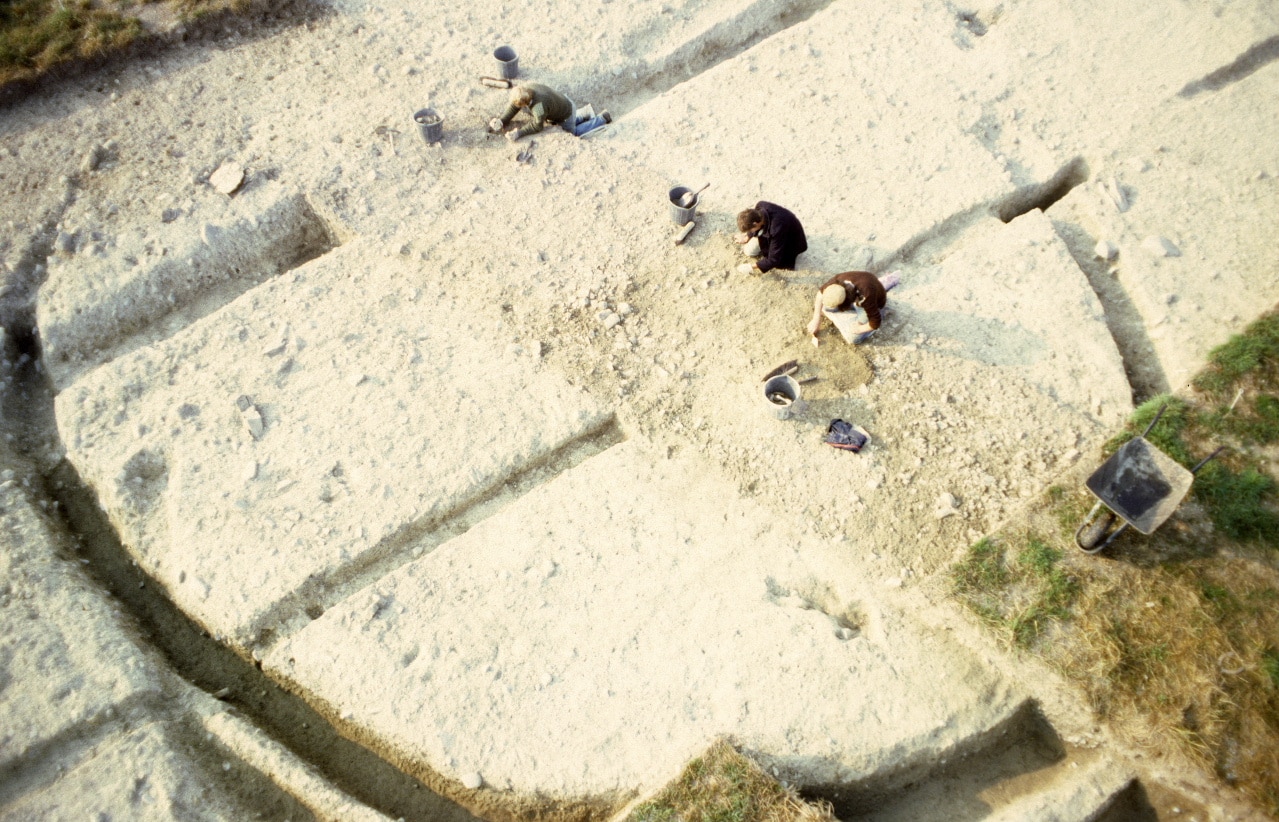
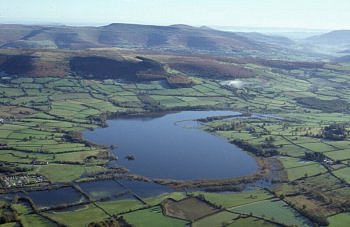
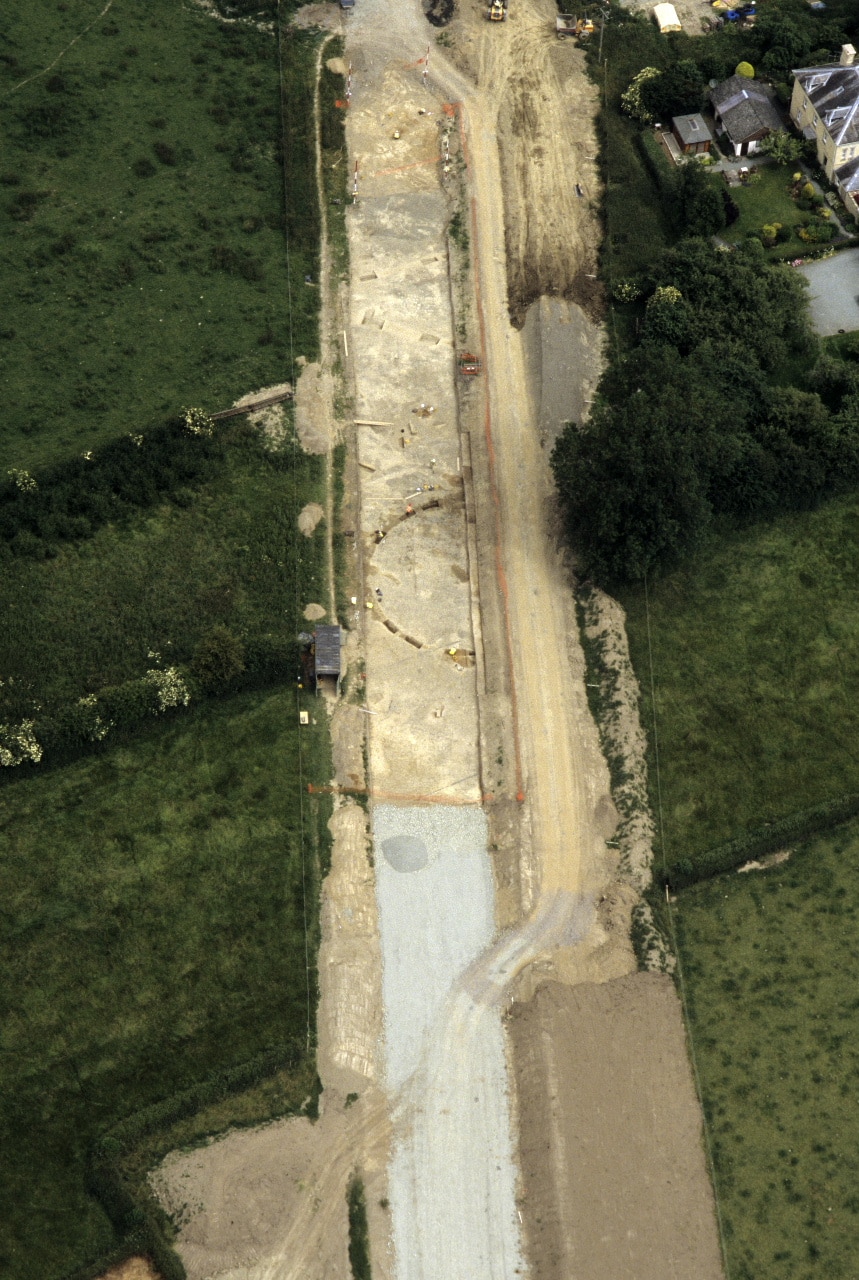
Chairs of the Clwyd-Powys Archaeological Trust
|
1974-1984 |
Mr H. Noel Jerman FSA CBE OStJ |
|
1984-1991 |
Mr Philip Barker DFC |
|
1991-2017 |
Mrs Frances Lynch Llewellyn MBE FSA |
|
2017- 2023 |
Dr Sian Rees CBE FSA |
Directors of the Clwyd-Powys Archaeological Trust
|
1974-1986 |
Mr Christopher Musson MBE FSA MCIfA |
|
1986-2013 |
Mr William J Britnell MBE FSA MCIfA |
|
2013-2024 |
Dr Paul Belford FSA MCIfA |
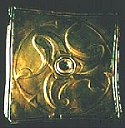
Our logo
Our logo is derived from the design on a square bronze plate, found in 1872 as part of a large hoard of metalwork discovered under the collapsed rampart of Moel Hiraddug hillfort, Flintshire. The plaque is 152mm in length, with a central roundel containing a whirligig pattern with streamers. The central boss is pierced, as are the corners, suggesting that it was once attached to another object, perhaps used to decorate a wooden casket. It is thought to date to the early part of the 1st century BC.

